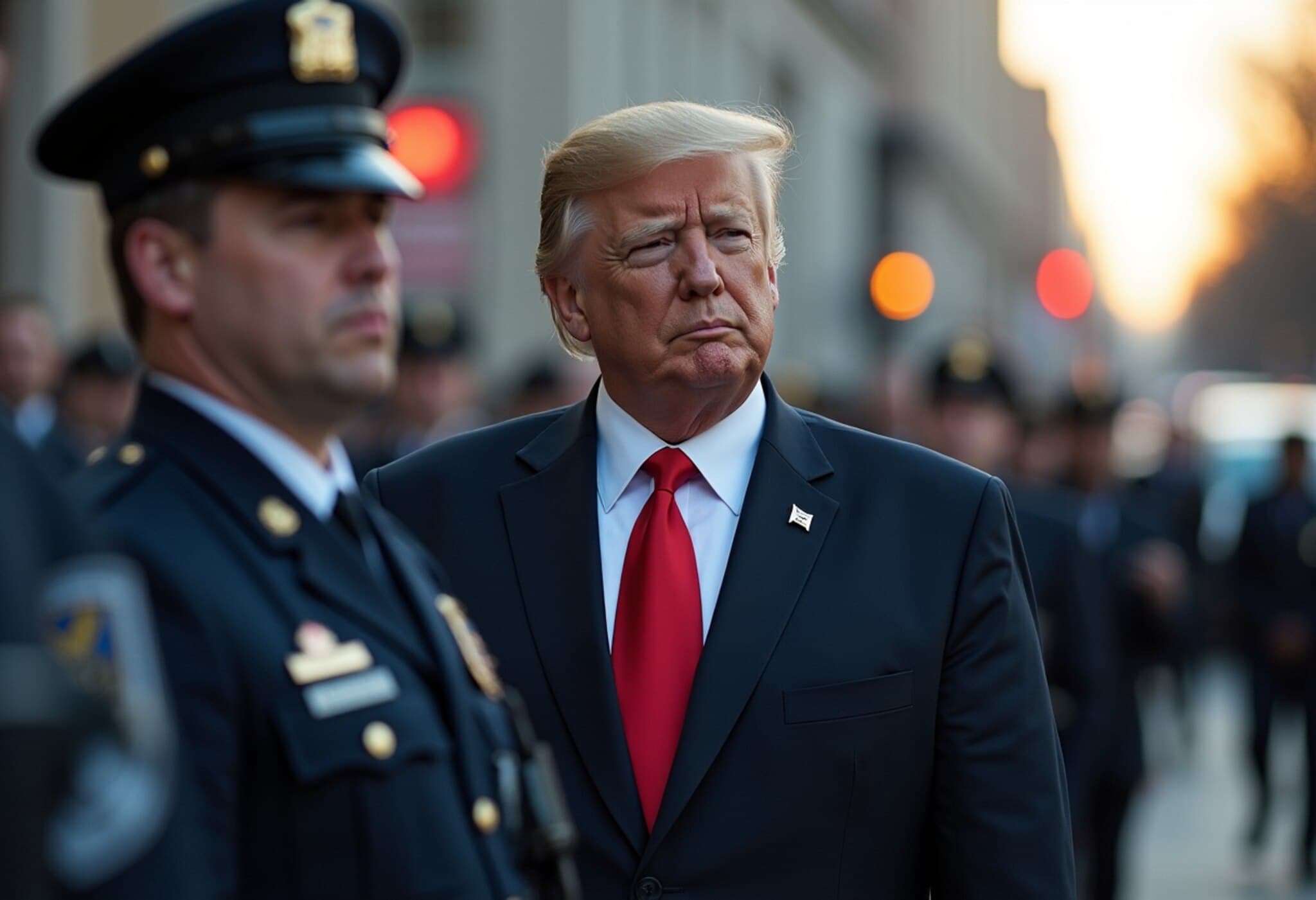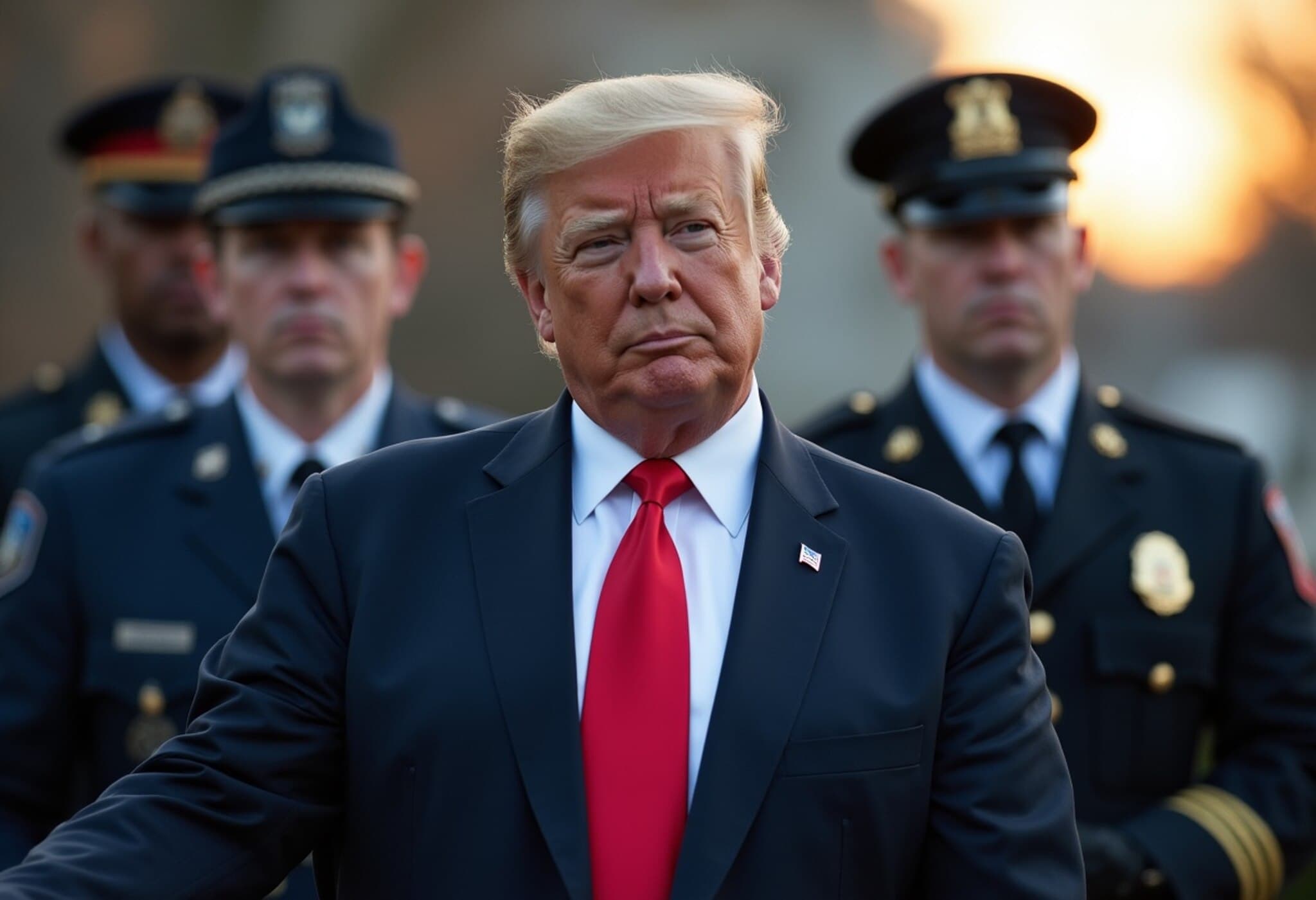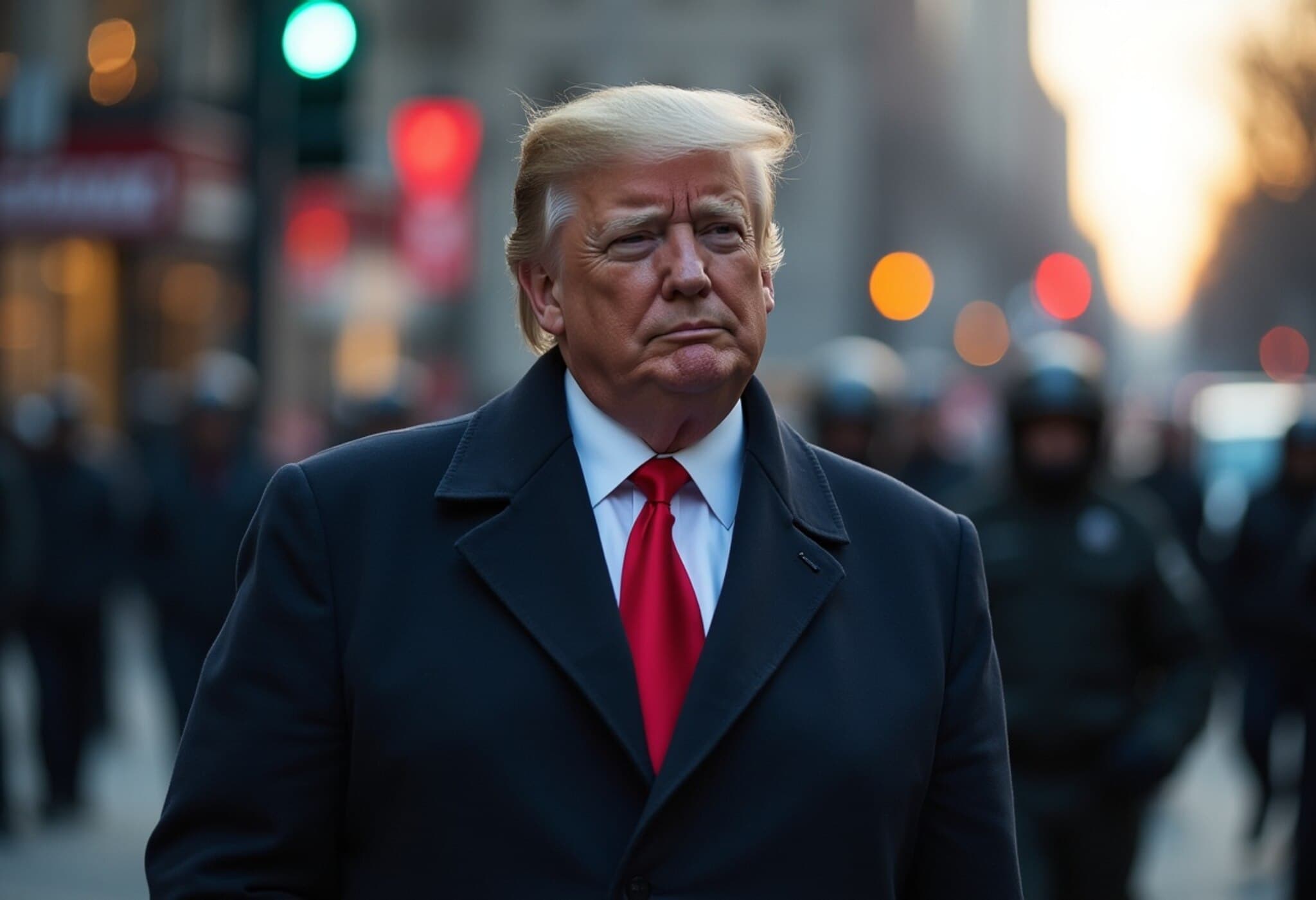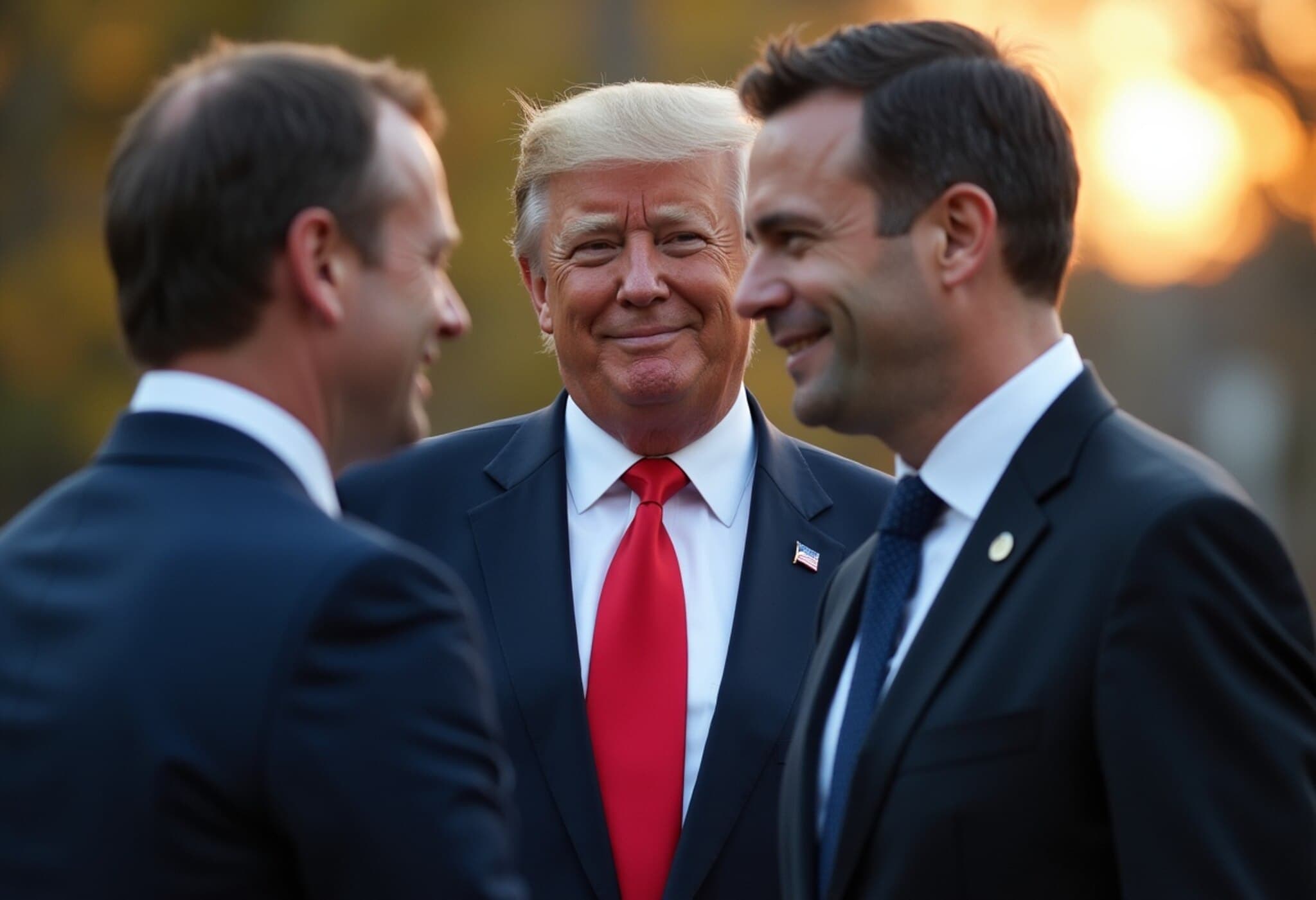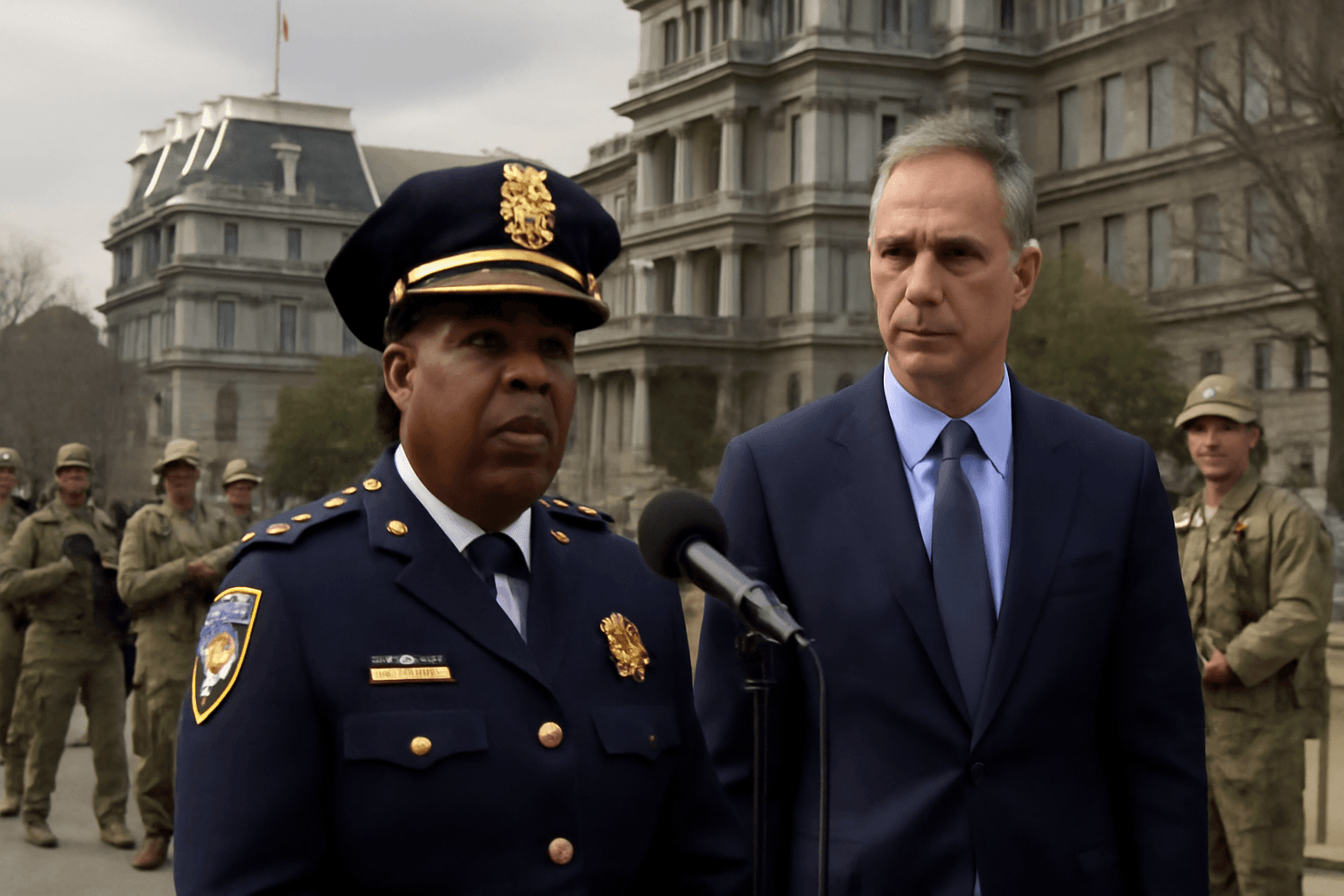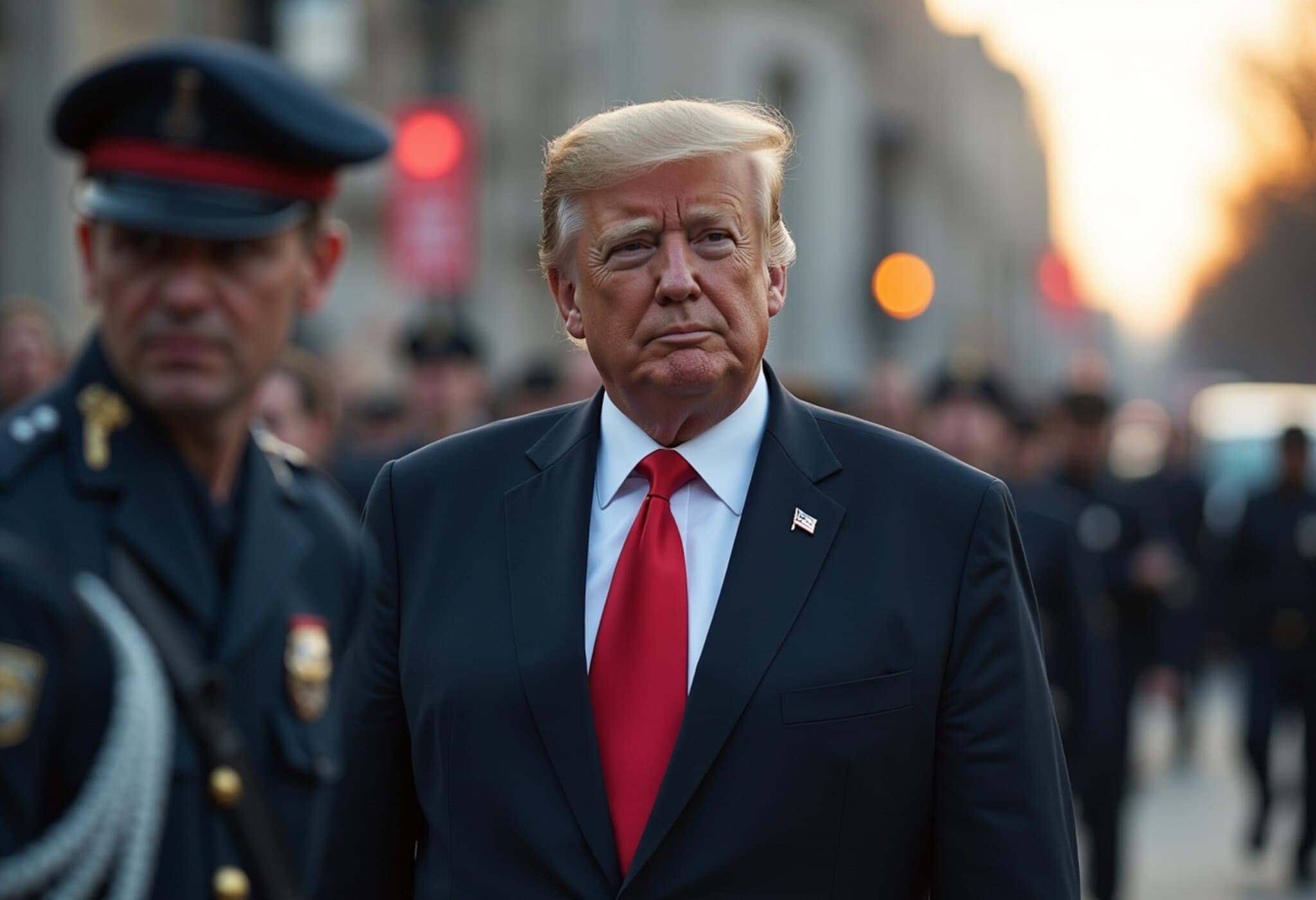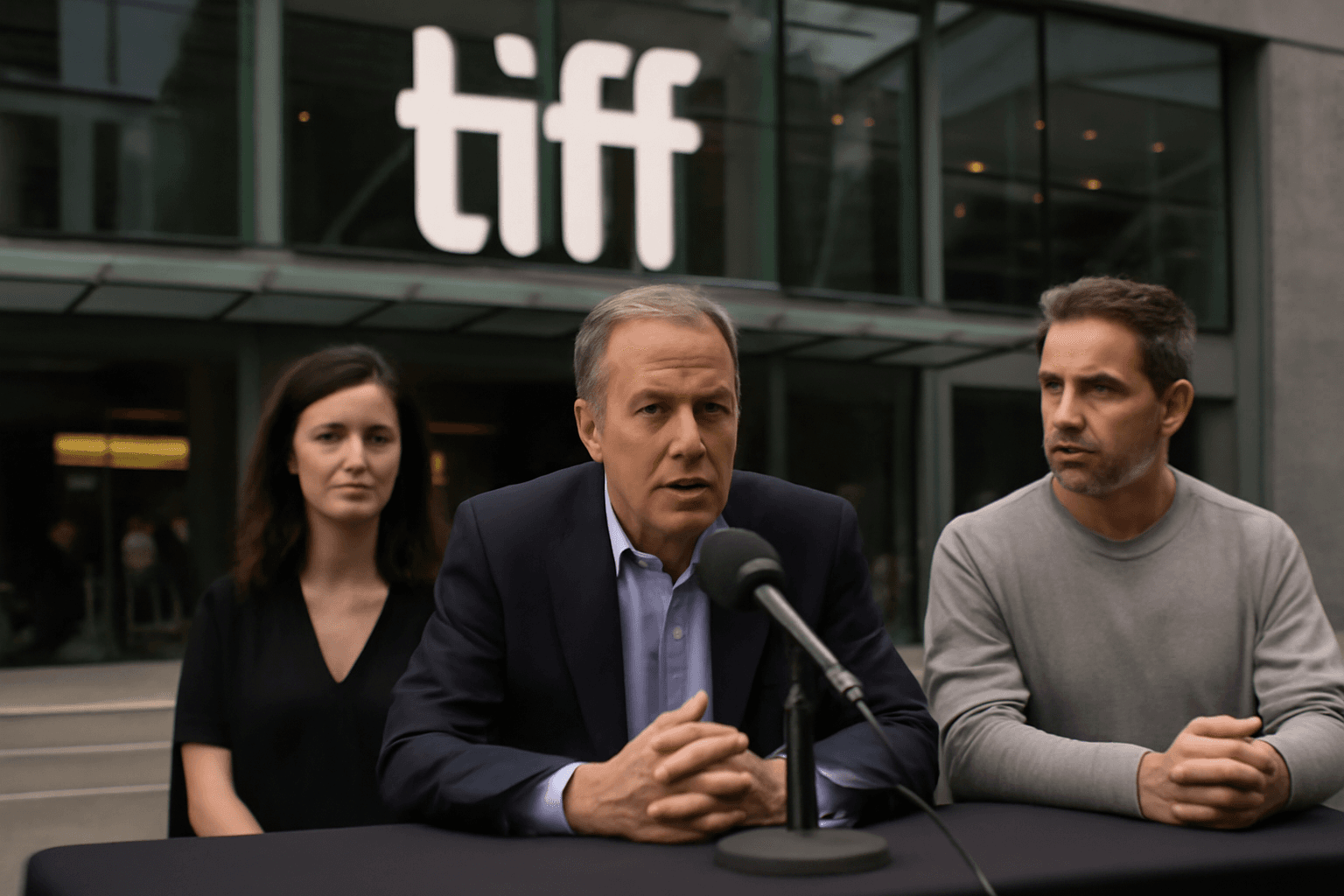DOJ Employee Face Felony Assault Charge After Throwing Sandwich at Federal Officer
In a bizarre yet serious incident that unfolded in Washington, D.C., Sean Charles Dunn, a Department of Justice (DOJ) employee, was charged with felony assault after allegedly throwing a sandwich at a federal law enforcement officer. The episode has not only highlighted tensions within the government workforce but also raised questions about decorum and accountability in federal agencies.
Incident Details and Immediate Consequences
The incident took place on a Sunday night in the Northwest area of Washington, D.C. A video released by FBI Director Kash Patel captures Dunn, dressed casually in a pink polo and shorts, confronting a group of federal agents. Within seconds, Dunn hurls a wrapped Subway sandwich directly at an officer's chest before fleeing the scene. Law enforcement officers swiftly gave chase, and Dunn was apprehended a few days later.
According to police reports, during processing by the Metropolitan Police Department, Dunn admitted, "I did it. I threw a sandwich." This candid confession corroborates the evidence captured on video.
Department of Justice’s Response and Leadership’s Stance
Attorney General Pam Bondi, addressing the press on Thursday, confirmed Dunn's identity and employment within the DOJ's criminal division's international affairs section. In a pointed statement on social media, AG Bondi announced Dunn’s immediate termination, underscoring that such behavior is unacceptable, especially from those entrusted with upholding the law.
AG Bondi stated: This is an example of the Deep State we have been up against for seven months as we work to refocus DOJ. You will NOT work in this administration while disrespecting our government and law enforcement.
This remark resonated beyond personnel management; it reflects longstanding political rhetoric around reforming federal agencies and curtailing perceived internal resistance.
Examining the Broader Implications
At first glance, the act of throwing a sandwich may appear trivial or even comical, yet the federal assault charge demonstrates the gravity with which law enforcement and the DOJ treat even symbolic acts of aggression toward officers. This incident underscores a heightened sensitivity around respect for public servants amid polarized political climates.
Key insights include:
- Workplace Conduct and Security: DOJ employees operate at the forefront of justice administration. This kind of conduct raises concerns about professional standards and the effectiveness of internal workplace assessments.
- Political Undertones: AG Bondi’s reference to the 'Deep State' signals ongoing ideological battles influencing personnel decisions within federal entities.
- Public Perception: Such incidents can impact how citizens view government agencies — balancing accountability with the risk of politicizing enforcement actions.
Legal Context: Assault Charges in Federal Jurisdiction
Under federal law, assaulting a federal officer—even with an object as innocuous as a sandwich—can carry severe penalties, including fines and imprisonment, depending on the circumstances. The intent behind the act and potential injuries are factors but the underlying principle is maintaining respect and safety for law enforcement personnel executing their duties.
This case will likely prompt scrutiny into protocols surrounding federal employee conduct and could inspire legislative discussions on workplace behavior standards within civil service.
What Comes Next?
Sean Charles Dunn’s legal proceedings will unfold in federal court, determining whether prosecutors will pursue the full extent of assault charges. Meanwhile, the DOJ’s swift action sends a clear message: disrespect and violence against law enforcement will not be tolerated, regardless of the perpetrator’s position.
Expert Commentary
Legal analyst Dr. Marianne Kline notes, "This incident encapsulates a larger struggle within federal agencies — how to maintain discipline and morale in a politically charged environment. The DOJ’s response is strategic; it aims not just to discipline, but to reassure the public and federal workforce that standards are upheld."
From a policy perspective, this case contributes to ongoing debates about federal employee management and politicization of governmental institutions, a subject of particular resonance in today's American political climate.
Editor’s Note
While the spectacle of a sandwich assault might evoke initial incredulity, this episode invites reflection on the complex interactions between government employees, law enforcement, and political narratives shaping federal agencies. How should agencies balance accountability with fair labor practices? Could this incident be indicative of deeper workplace tensions amid ideological divides? These are questions policymakers and the public alike must consider as the story develops.


